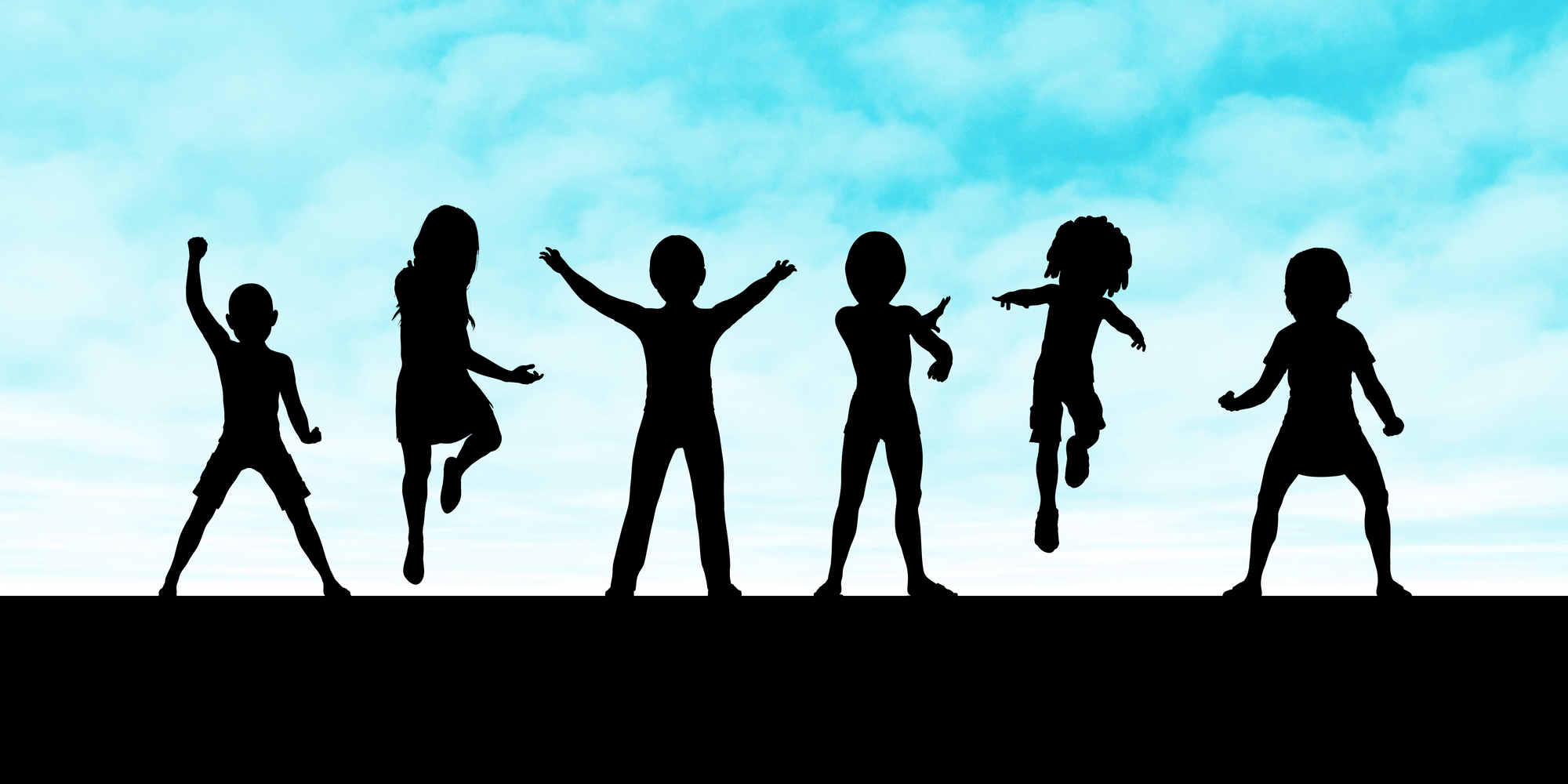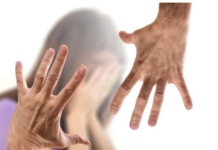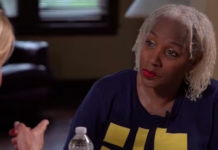
EDITOR’S CORNER
Recently, the Mad in the Family page shared two stories reporting on a new study by researcher Peter Gray emphasizing the importance of independent play.
The first was Liam Gehrig Bach’s MIA piece on the study, which was published in the Journal of Pediatrics and showed childhood anxiety, depression, and suicidal thoughts on the rise while the freedom to run around and play for fun has dwindled. The second story linked to a piece on Fatherly that featured a meaty interview with Gray on the significance of the research and the profound importance of play.
In his piece on Gray’s study, Bach points to other research showing that kids are — surprise, surprise — A) happier when they’re playing, and B) happier pursuing activities when grownups aren’t around. “For example, in one study, children were asked to identify whether or not children were playing based on presented pictures,” he says. “Kindergarteners consistently categorized pictures without adults in them to be play — this was extrapolated to be because of a line of logic that if an adult was controlling the activity, it didn’t count as play.”
Or, as Gray himself told writer Lauren Vinopal in the Fatherly interview:
“Play is how children learn to solve their own problems, control their own activities, and discover what they love to do, as opposed to what other people are trying to make them do. It’s how they develop skills; it’s how they make friends. These are all extremely important parts of child development, and when we deprive children of the opportunity to play without adult intervention and control, we are really depriving them of the opportunity to learn how to control their lives.”
Anyone who was ever a child understands this. As a kid growing up in the 1970s, I spent entire days running around without my parents’ supervision — whittling branches with my jackknife, bolting down to the hill to see my friends and swim, or running like some wild animal through the woods behind the neighbors’ homes. After my own kids were born, my late husband and I gave them the run of our dead-end block, letting them play wiffle ball or cruise the street with their itinerant gang of kiddos for hours on end. I’d see them periodically, usually when the pack stopped by for freeze pops, and I’d often gab with other parents on the sidewalk as our children went off and did their thing.
But it was their thing. We didn’t hover. I wasn’t aware of all the activities they were engaged in at all times, and who knows, maybe some of them weren’t prim and proper. But I was convinced that they were better off not just enjoying their freedom but learning how to use it — how to navigate life in every sense. I remember instructing them on best practices in crossing a city street to get ice cream from a Stewart’s shop, and frankly, the thought of it scared the living daylights out of me. But isn’t that all of parenthood in a nutshell? Holding our breath as we send our babies out in the world?
I realize, as I describe all this, I’m self-identifying as a very old fart (VOF, for short) in a culture that emphasizes children’s safety over independence. But “safety” can be defined in different ways. Plopping our kids onto the sofa to watch TV or noodle around their tablets after school — sure, that’s “safe” in the sense that you’re preventing them from running outside and exposing them to danger in the short term. But it’s not “safe” in the sense that they’re being equipped for the long term — for a happy and rewarding life.
In that sense, it’s actually dangerous: Children stripped of independent play miss out, both emotionally and cognitively, when they’re deprived of important learning experiences. And to be clear, such experiences aren’t the same as classroom time, homework time, or our usual, adult-defined notions of “achievement.” Another piece I posted recently on the Mad in the Family page was Adam Gopnik’s New York Times opinion piece on the difference between such result-oriented mindsets and a true sense of accomplishment, which is reached by kids when they find and pursue something that wholly absorbs them — in his case, plucking out Beatles tunes on his guitar.
“Achievement is the completion of the task imposed from outside — the reward often being a path to the next achievement,” he writes. “Accomplishment is the end point of an engulfing activity we’ve chosen, whose reward is the sudden rush of fulfillment, the sense of happiness that rises uniquely from absorption in a thing outside ourselves.”
I’d love to hear from readers on this topic. What are your memories from your own childhood — or your thoughts on rearing your own kids? How important is unsupervised play? I’m always interested in your thoughts, so don’t hesitate to email me at [email protected].
And don’t forget to give yourselves some unsupervised playtime, too. We all need the freedom to pursue our own bliss — and just be.
— Amy Biancolli, Family Editor














